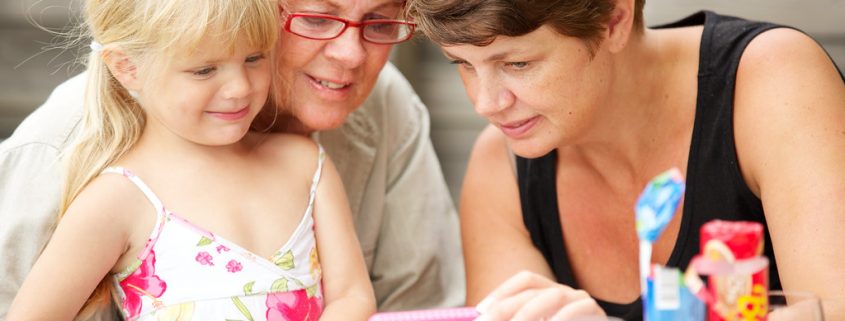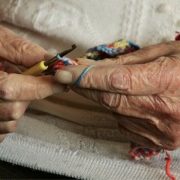The “sandwich generation”: adult children of the ageing parents
What is so called “sandwich generation”?
People who are simultaneously caring for their elderly parents and their own children under 18 years old are called “sandwich generation”. The term was first coined by social worker Dorothy Miller in 1981 and at first referred to women only, who were taking care of their children while also looking after their parents.
An ageing population and a shift towards becoming a parent later in life mean that an increasing number of adults are sacrificing their wellbeing to look after those around them.
In general, the term “sandwich” in this context means that adults in their 40s and 40s are somewhat squeezed – “sandwiched”- between their parents and their own maturing children. Those people experience a great deal of stress in their everyday lives. They risk poor health, employment and financial problems to care for children and parents – at the same time. It seems that professional help in care would be the best solution for the busy “sandwiches” but unfortunately, this is not always possible. Therefore many people are struggling to cope with having a regular job, looking after their children and yet taking care of their ageing relatives.
Britain’s “sandwich generation”
According to this year’s figures from the Office for National Statistics, there are 1.3 million people in the UK having a twin responsibility of carrying for both older relatives (often sick and disabled) and their dependent children.
The average carer age is between 35 and 54 years, with a peak at 45 years. Two-thirds of “sandwich carers” are women (62%). One in five (19%) spend at least 20 hours each week providing care. Although providing care at home doesn’t prevent paid employment, those carers who spend more than 20 hours a week in carrying are more likely to be unemployed (59%).
More than a quarter of “sandwich carers” suffer from mental ill-health problems
Many sandwich carers are not satisfied with the amount of leisure time they have. Similarly, almost half of the carers claim they are either unable to work, or not as much as they’d like. It’s fair to say that carrying for two generations of dependants at home may limit or stop working, especially for women.
Carers providing fewer than five hours of adult care each week are simply happier. They have higher levels of life satisfaction and well-being levels than those that spend long hours on care. The more hours spent, the more likely sandwich carers are to experience feelings of anxiety or depression. On average, almost 27% of sandwich carers show symptoms of mental ill-health, higher than the general population (22%).
“Just about getting by” – the financial struggle of the “sandwich generation”
When it comes to the financials, one-third of carers are “just about getting by”, while one in ten “finding it difficult” or “very difficult” to cope. Only 17% are living comfortably, which is considerably worse than the general population (32%).
Negative impact on overstretched “sandwich carers”
Sandwich carers are more likely to be dissatisfied with their lives, they experience symptoms of poor health more often and tend to struggle financially more than the general population. On top of all that, they can lose touch with friends, since they are unable to see anybody else, except for their family. They are also less likely to go on a holiday with their own children. At the same time, they have to travel for hours, in favour of the elderly parent, sometimes at very short notice. That causes additional pressure.
Trying to juggle children, work and older relatives cause an additional amount of stress. The current social care system problems are not helping either. It leaves adults with a feeling that they have to cope with everything on their own.
Is there really no bright side?
Although struggling, a “sandwich carer” gets to bridge three generations. Bearing in mind that nothing lasts forever helps to appreciate having all the loved ones under one roof. The beauty of living together is that young and old can learn a lot from each other. Children can learn empathy and patience from their grandparents; they can benefit from the vast life-experience of the elderly. Grandchildren finally get to understand that the old people are not slow and scary. The grandparents learn that the youth is in fact not noisy and troublesome. The two groups put together start to treat each other in a meaningful and respectful way.

















